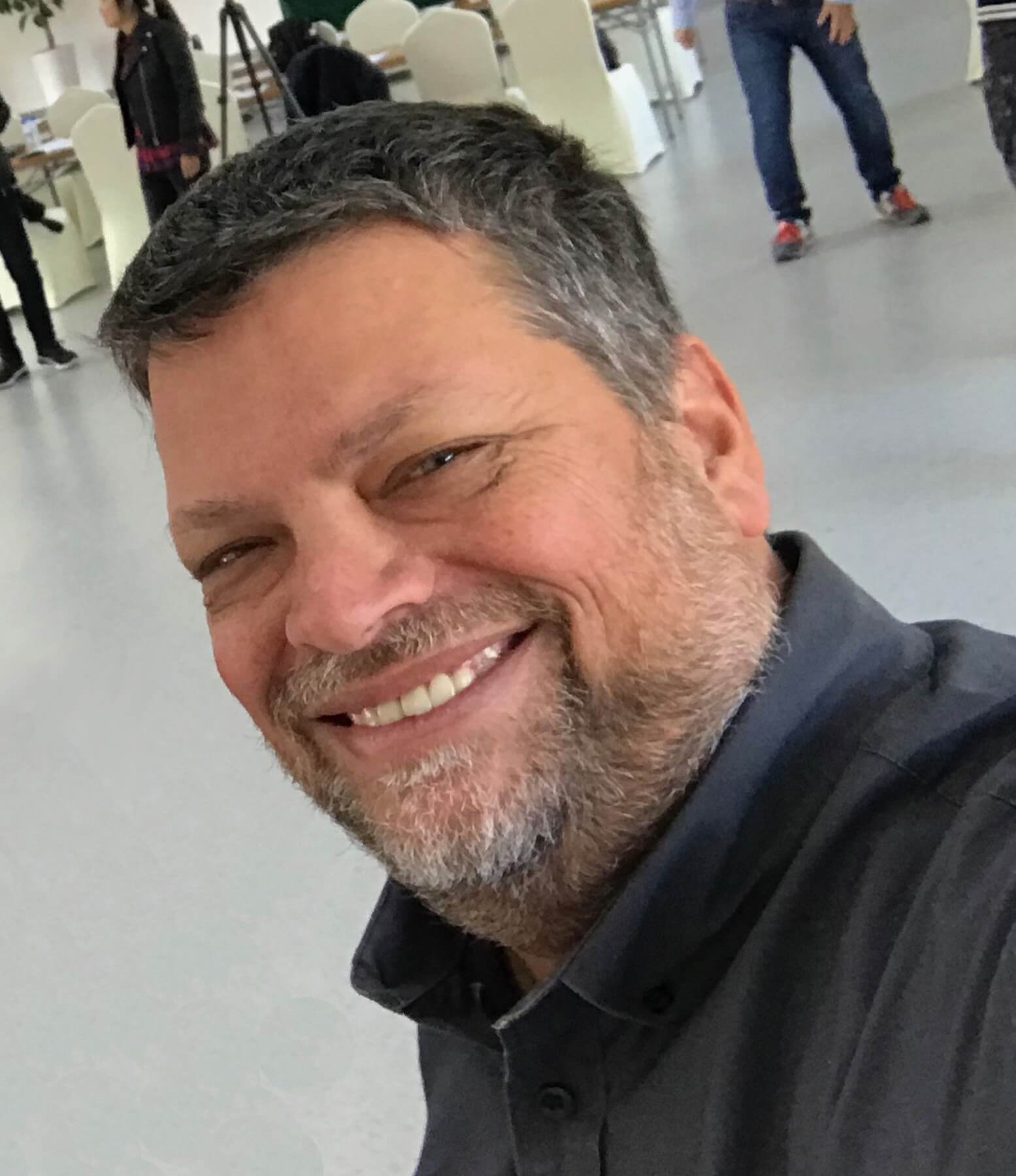Eps 471: Resetting unhealthy screen time habits with Michael Jacobus
Episode 471
My guest today is Michael Jacobus, and we’re talking about unhealthy screen time, social media overuse, gaming addiction, and his Reset Summer Camp program.
Michael shares how his own son becoming addicted to video games and the lack of help & programs available inspired him to create Reset Summer Camp. We, as parents, did not know the Pandora’s Box we were opening when we first brought technology and social media into our homes. We end up feeling guilty and don’t know what to do. How and why would we? None of this was available when we were teens!
Michael posits that over half of the teens in the US have an issue with screen time, and he shares some recommendations for screen time at home (including when you get big, emotional reactions to new limits). I ask Michael how to first open up this conversation with your teen, how to best roll out social media to younger teens, and we wrap up agreeing that screen time usage is an issue that is truly universal and in every home.
Guest Description:
Michael Jacobus is an internationally recognized author, child development specialist, and camp professional. He has an extensive background in youth-serving nonprofits, staff training, operations, administration, and outdoor education.
He’s the author of two books for the camp community: “The Camp Director’s Survival Guide” and “Insights and Inspirations,” as well as a new children’s book about summer camp experiences entitled, “I Don’t Want to Go.” In the summer of 2018, Michael started the world’s first clinical summer camp program for teens and adolescents suffering from unhealthy screen time and social media overuse habits and gaming addiction. It’s called Reset Summer Camp for Digital Detox and Life Skills.
Community is everything!
Join our community Facebook groups:
Takeaways from the show

- Gaming disorder is a real, diagnosable condition
- Parents typically don’t know what to do about gaming disorder and other screen time addictions
- Technology addiction or screen time addiction is a family problem
- How do you differentiate between typical teen behavior and serious overuse of technology?
- Checking your own screen time usage
- Recommendations for screen time at home
- The importance of good sleep
- How to roll out social media to a young teen
- Screen time is an issue in every household
What does joyful courage mean to you
It’s funny because I’ve used that phrase even before I’d ever heard of your podcast. I’ve used it in discussions with parents about having this dinner table conversation that, “starting next weekend, we’re going to have a new normal.” It takes joyful courage to do that. It takes courage regardless, but it should be joyful. It should be, “This is beneficial to all of us. This is good news!” This isn’t punishment. This isn’t “you’re in trouble.” This isn’t even addressing what they’re doing online – that’s a different module. This is just addressing sleep. So be courageous; all the shame & embarrassment was yesterday. Starting today we’re going to have a new normal, and it’s going to take joyful courage to get there.
Resources
Reset Summer Camp online course for parents
Reset Summer Camp on Instagram
Subscribe to the PodcastWe are here for you
Join the email list
Join our email list! Joyful Courage is so much more than a podcast! Joyful Courage is the adolescent brand here at Sproutable. We bring support and community to parents of tweens and teens. Not a parent of a teen or tween? No worries, click on the button to sign up to the email list specifically cultivated for you: Preschool, school-aged, nannies, and teachers. We are here for everyone who loves and cares for children.
I'm in!Classes & coaching
I know that you love listening every week AND I want to encourage you to dig deeper into the learning with me, INVEST in your parenting journey. Casey O'Roarty, the Joyful Courage podcast host, offers classes and private coaching. See our current offerings.

